How the Trump assassination attempt might influence US politics
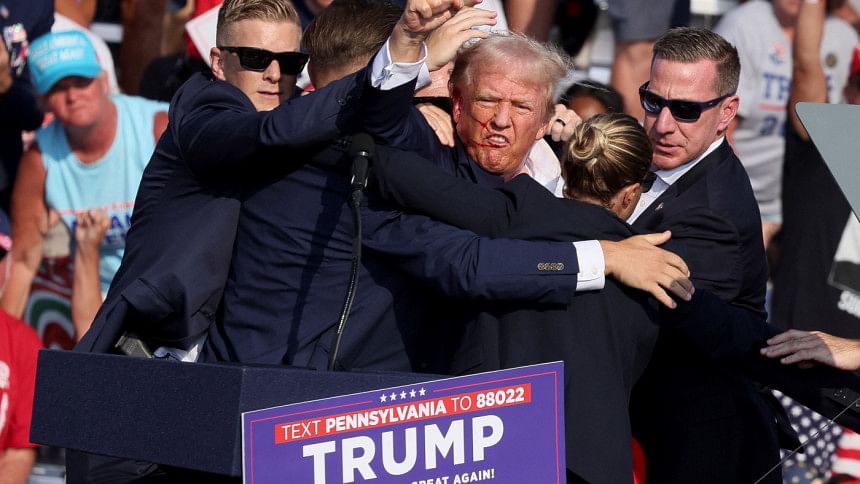
Former US President Donald Trump was shot in the ear during a campaign rally in Butler, Pennsylvania, on July 13, 2024, in what authorities say was an assassination attempt. The incident occurred while Trump was giving his speech. Trump later confirmed the injuries on Truth Social, detailing the moment he realised he had been shot and the subsequent bleeding.
The shooter, who fired multiple shots from an elevated position outside the rally's security perimeter, was killed by Secret Service personnel, who also evacuated Trump from the rally after the shooting. Stray bullets killed one rally spectator and injured two others. The tragedy has prompted widespread requests for a probe into the security flaws that made the attack possible. Despite the incident, Trump's campaign confirmed that he will still attend the Republican National Convention in Milwaukee.
The impact of the incident for Trump's campaign and the larger political scene might be significant. For starters, the attack is likely to exacerbate concerns about political violence and security at campaign events, resulting in intensified scrutiny of candidate protection measures. Trump's fans are likely to interpret the incident as a reflection of the fierce opposition he faces, potentially increasing his support base. In contrast, the incident could exacerbate political tensions, with opponents interpreting the attack as a result of the heightened vitriol in American politics. Furthermore, such acts of violence have far-reaching consequences for democracy, as they damage the democratic process and discourage public engagement in political activities. The incident may also encourage a rethinking of how political conversation is done, prompting a push for more civil and respectful interactions across the political spectrum.
Although the gunman has been identified, his motivations and potential connections to larger groups are still being investigated. Some suspect that the attacker may be affiliated with extremist political groups or persons with a history of political violence. Given the current political climate, there are suspicions that the attack was planned by those who passionately oppose Trump's policies and rhetoric. Federal agents are also investigating if this is part of a broader coordinated operation or a single act of violence. As the inquiry progresses, additional material is expected to shed light on the assailant's background and motivations, providing better answers about who was behind this incident.
Following the attack on Donald Trump, speculation and conspiracy theories arose, with some claiming it was politically motivated by his opponents, including President Joe Biden and Hillary Clinton while others are suggesting that Trump may have manufactured the incident to elicit sympathy and support ahead of the election. However, there is currently no convincing evidence to support these speculations. While conspiracy theories might attract the public's attention, they frequently detract from the necessity for a factual and calm response to such situations.
The episode with Donald Trump being shot at a campaign rally is reminiscent of countless political thrillers and dramas from film history. Films such as The Manchurian Candidate (1962, recreated in 2004) examine themes of political assassination and manipulation, showing a world in which prominent personalities are targeted to change public opinion and power dynamics. Similarly, The Parallax View (1974) digs into conspiracy theories about political assassinations and the unseen institutions who orchestrate them. Another film, JFK (1991), directed by Oliver Stone, looks at the assassination of President John F. Kennedy, exposing numerous conspiracy theories and the complexity of political violence.
On the other hand, the concept of manufacturing an incident to gain political sympathy has been depicted in films such as Wag the Dog (1997), in which a fictitious war is fabricated to divert the public from a presidential scandal. The Ides of March (2011) delves into the darker side of political manipulation, in which personal and professional crises are used to alter public opinion and achieve political advantage. These films represent the intense drama and speculation that frequently surround real-life political events, demonstrating how fiction can sometimes mirror reality in unnerving ways, which may be true in this case as well.
The attempted assassination of Donald Trump has also triggered a rethinking of social media's role in political debate and its possible impact on radicalisation and violence. Following the massacre, attention has focused on the shooter's online actions and potential intentions, generating questions over the role of platforms such as Truth Social, where Trump confirmed the occurrence, in filtering content and limiting the spread of extremist ideology. This incident highlights the difficulties of combining free expression with the need to prevent internet spaces from being used as forums for incitement to violence. Policymakers and internet corporations are under increasing pressure to adopt more effective measures for monitoring and reducing the risks of online radicalisation, particularly in the context of political movements and rhetoric.
The shooting incident involving Donald Trump is expected to have a big impact on the forthcoming US election. For Trump supporters, the event may enhance their picture of him as a targeted and persecuted figure, potentially increasing rally attendance and voting turnout. This episode may also raise security worries for all candidates, resulting in enhanced security measures at campaign events and potentially affecting public discourse on political violence and its implications for the democratic system. Furthermore, the episode may spark broader debates about the status of political speech in the country, with calls for increased civil participation and less polarisation. As the election approaches, the aftermath from this incident is likely to influence campaign plans, voter emotion, and the general tone of the political battle.
Md Shawkat Alam Faisal is apprentice lawyer at the Bangladesh Bar Council.
Views expressed in this article are the author's own.
Follow The Daily Star Opinion on Facebook for the latest opinions, commentaries and analyses by experts and professionals. To contribute your article or letter to The Daily Star Opinion, see our guidelines for submission.

 For all latest news, follow The Daily Star's Google News channel.
For all latest news, follow The Daily Star's Google News channel. 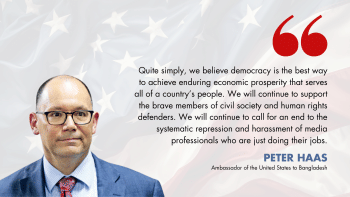



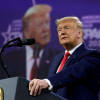
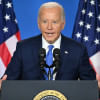

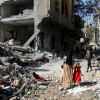
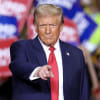


Comments